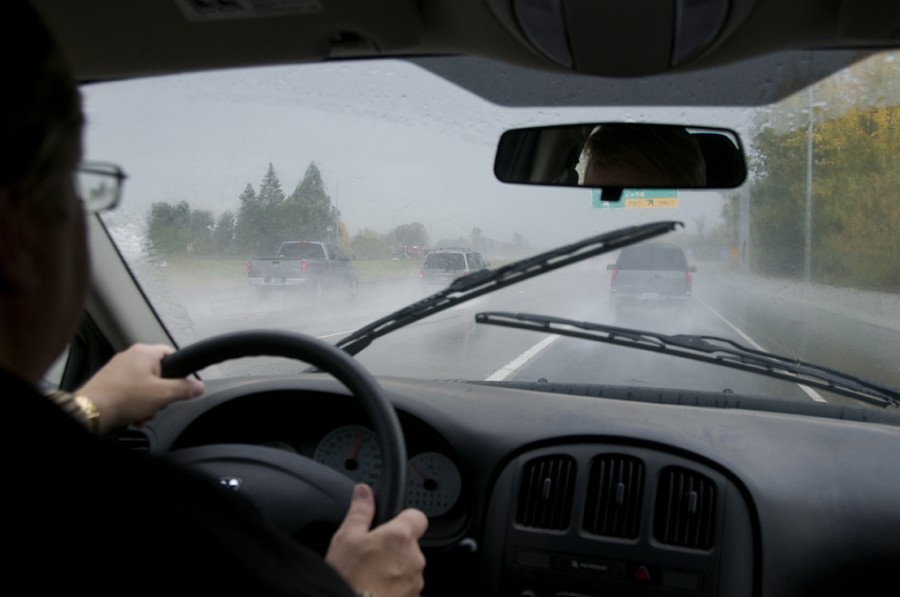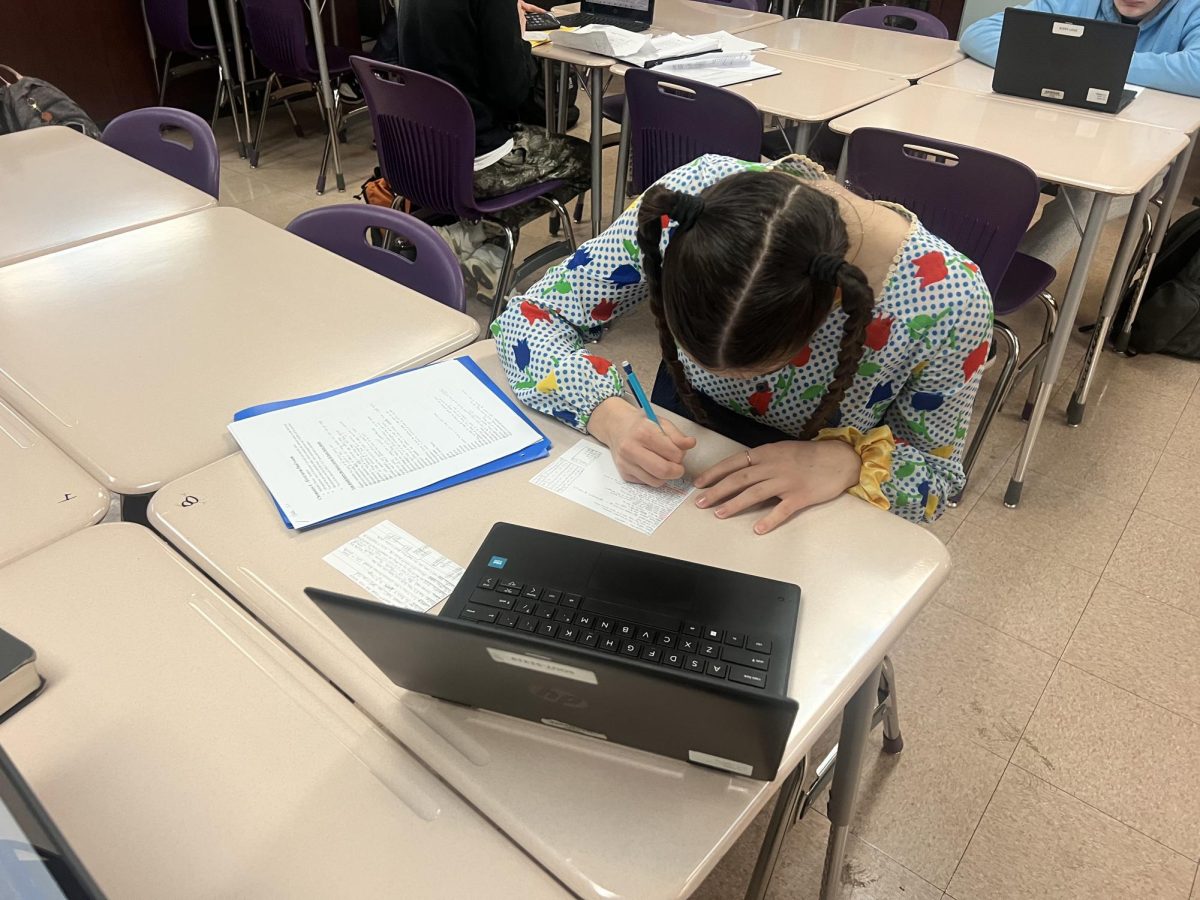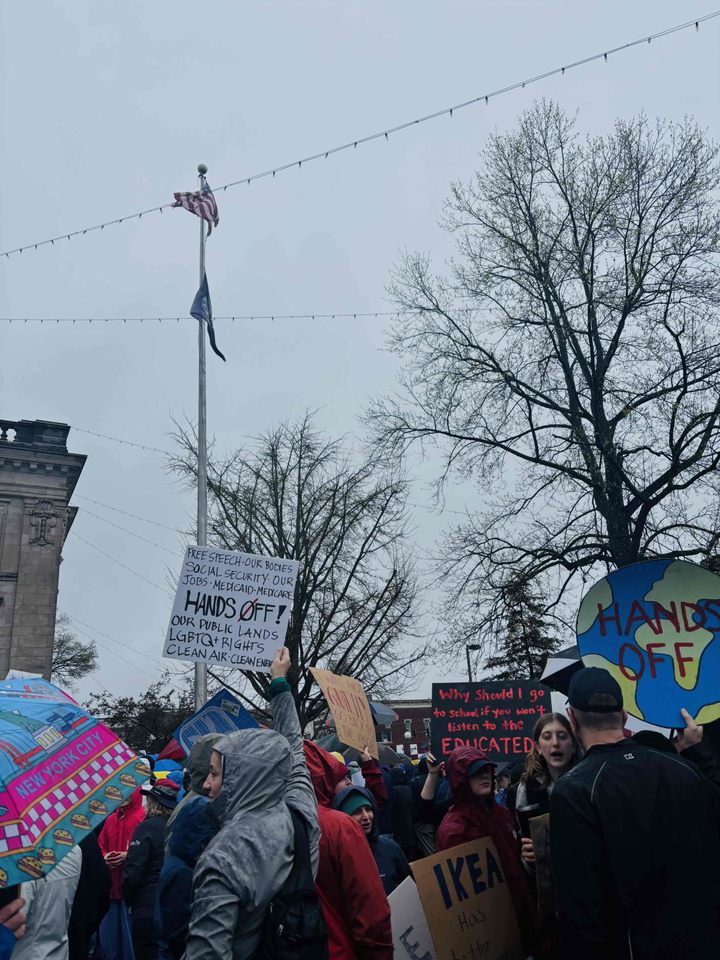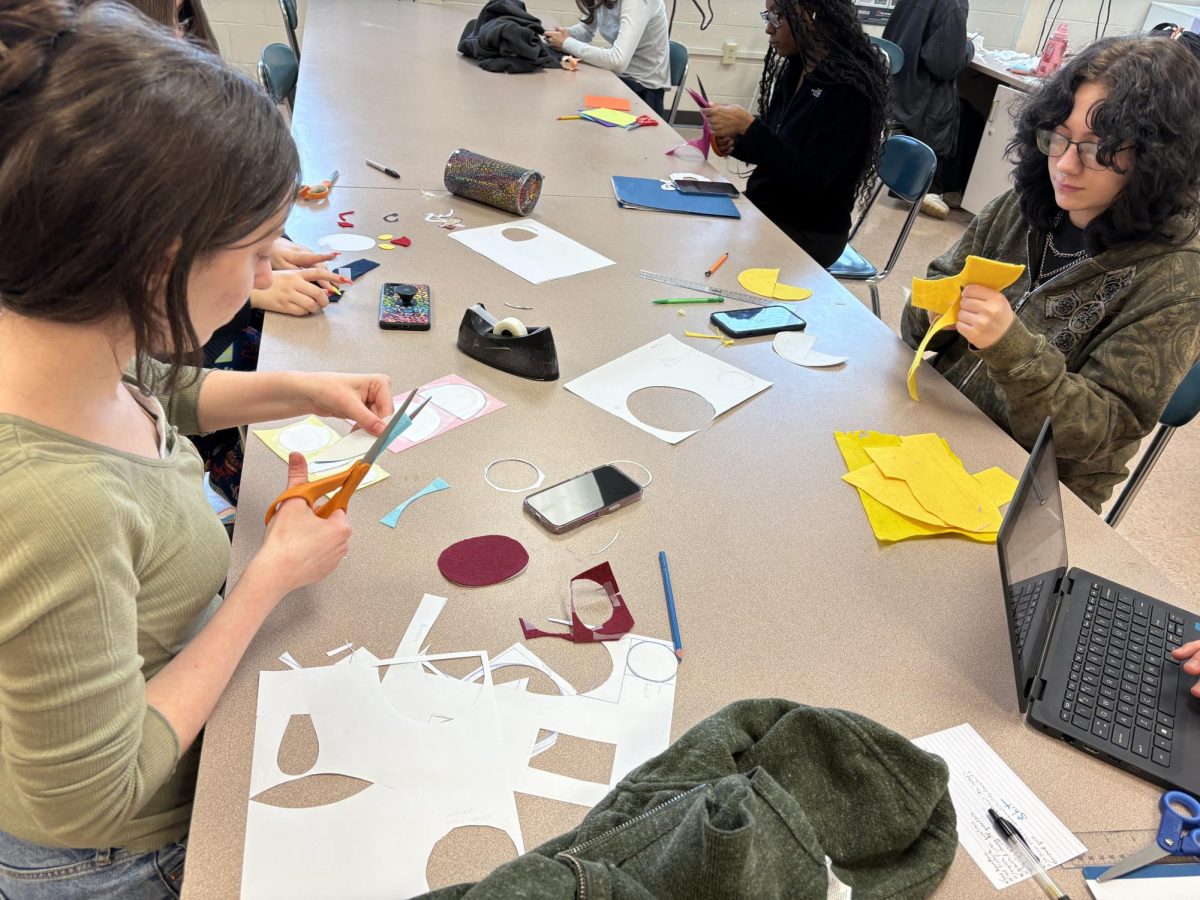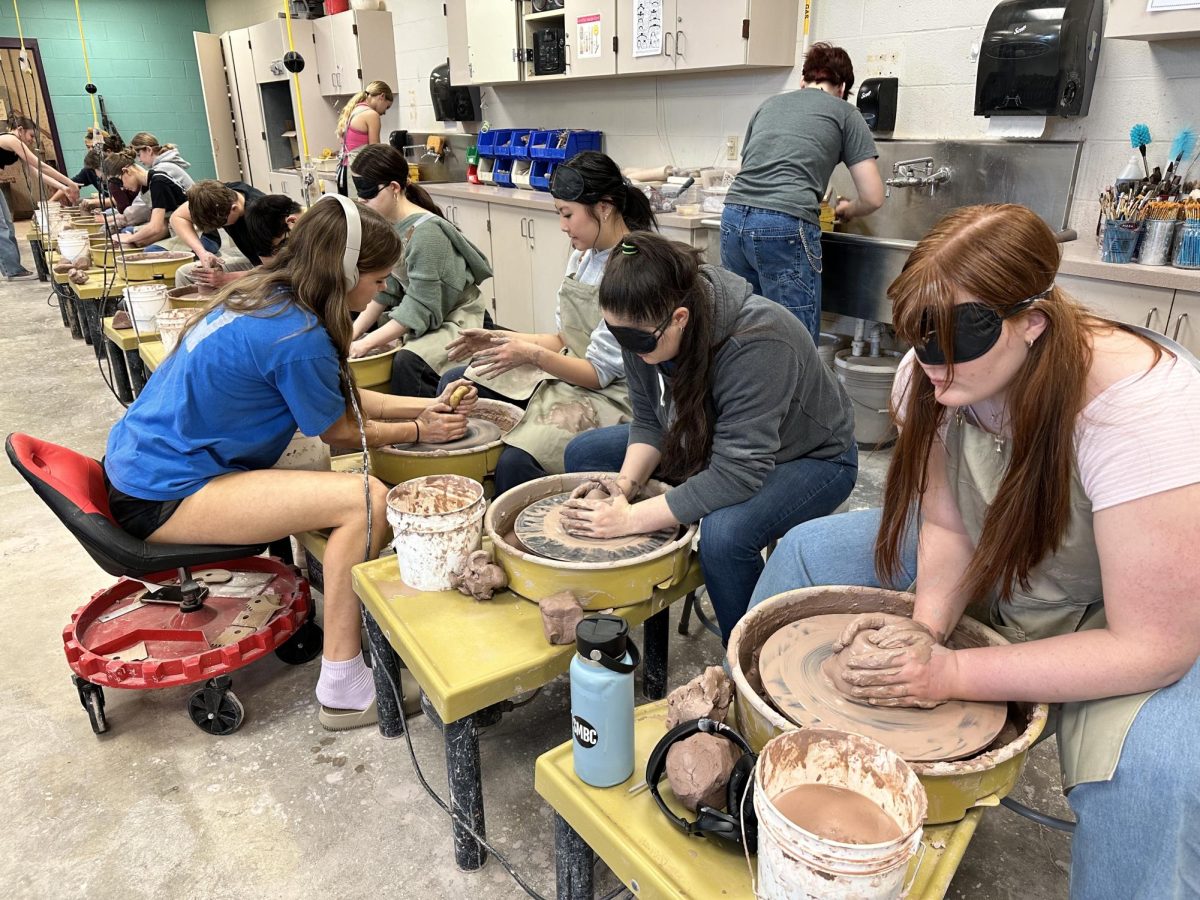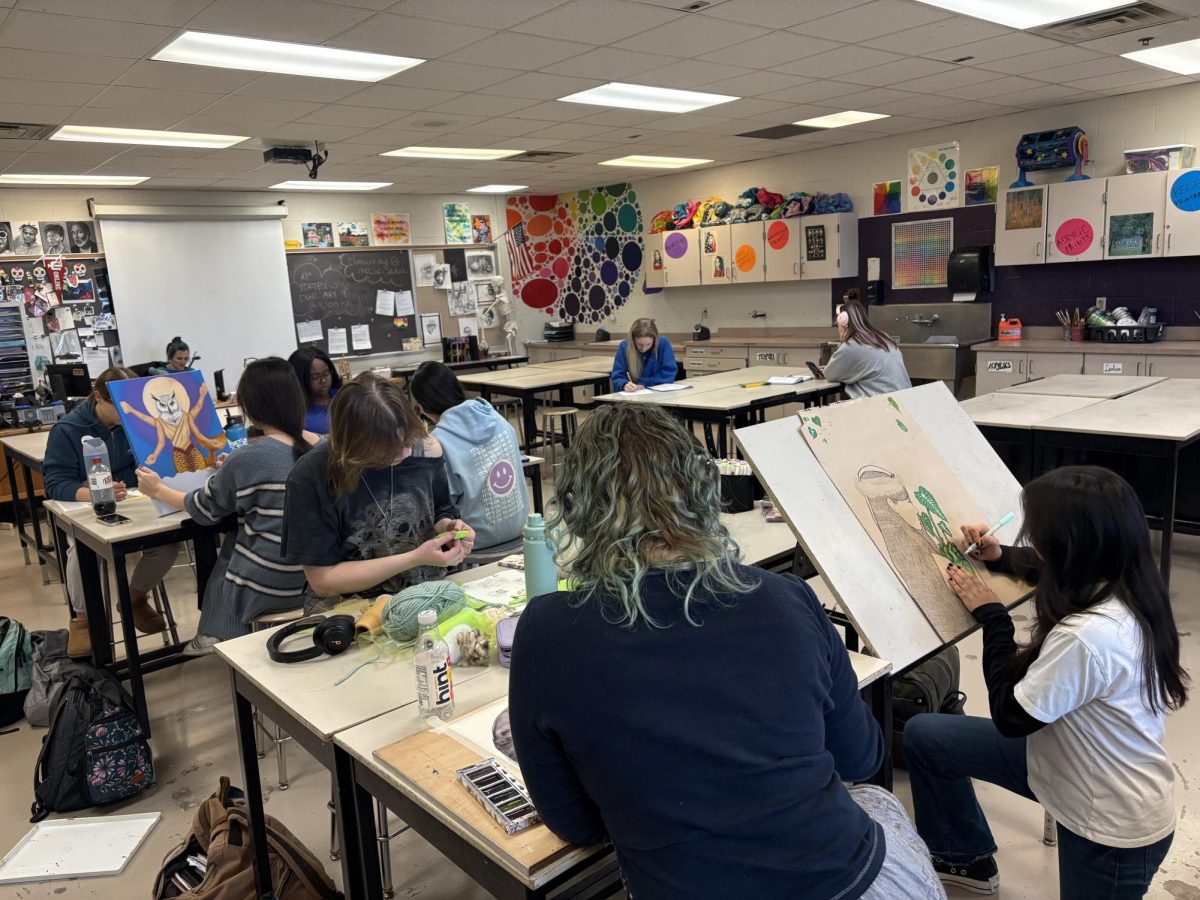It’s a movie cliche. With “sweet 16” comes the teen’s ticket to freedom, to the open road, to first fender benders. On a teen’s 16th birthday they are eager to go out and get their driver’s license. But does the cliche reflect reality?
According to the Associated Press, a 2011 University of Michigan study found that in 2010 only 69 percent of 18 and 19 year olds had licenses. This is a drop from the 1983 rate of 87 percent. Though millennials make up approximately 30 percent of the population, according to the Clinton Herald, they made up only 17 percent of car sales the same year. Car companies worried the trend might be permanent.
However signs point to this generation buying cars eventually, just later than the ‘80s movie teens of the past. Why the waiting?
One reason has to do with time. Taking the initial test to receive a learner’s permit, accumulating driving hours of both daytime and nighttime driving, and driver’s education courses take up valuable and considerable time in the world of AP tests, after school sports and clubs and college prep. Today’s teens are busier than those of the past, and with Bloomington Transit, biking and carpools, it’s fairly easy to get around without a license of your own.
Another reason: money. When the decline of millennial car sales began the U.S. economy was in a recession. When there are cheaper ways to get around, saving up for a car (or even for driver’s ed.) can seem unnecessary. And if you intend to move to a big city like Chicago or New York, a car isn’t the best investment. Fifty six percent and 28 percent of the populations of New York City and Chicago respectively are car free according to the University of Michigan.
What’s interesting about this phenomenon however is the loss of the cultural significance of owning a car. In the ‘80s a car equaled freedom. A car meant separation from the world of strict curfews and rides from parents and the dawn of the “age of teen.” Yet this symbol has seemed to disappear. Now teens are finding new ways to assert their independence. They have the ability to get where they want to go without a license. They take on part-time jobs to increase their economic independence. They grow into themselves without a car to show they have.
I will admit that at times it is difficult. I am 18 and have yet to get my license. I’ve made due with rides from friends, walking and the bus, but it’s a struggle to have only my passport as a valid ID. (It’s a strange thing to take into AMC.) I’m registering to vote via a paper form because the online form requires a driver’s license number.
But I don’t feel as if I’m missing out. I’ll drive when I’m ready to and buy a car when I need one. As much as tradition tells me to head to the BMV as soon as I’ve blown out my 16 candles, I’d rather not wait in the line.
